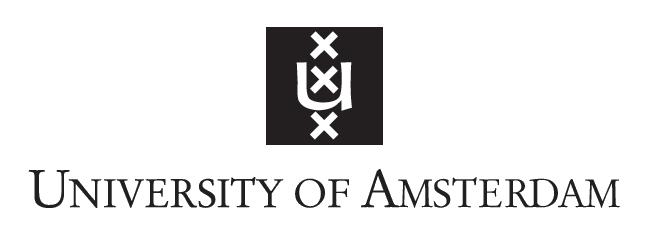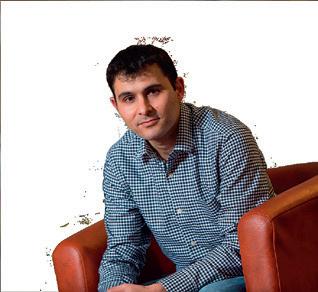Why do companies enter moral markets?

Markets for products like solar panels, fairtrade food, or plant-based meat aren’t driven purely by the desire for financial profit, but also by the goal of addressing certain social and environmental challenges. Why do companies choose to enter such moral markets? It’s not just about resources, but also a firm’s identity and the social context, as Dr Panikos Georgallis explains.
typically a company will decide to enter new markets where it can leverage its existing resources and capabilities, whether that’s in groceries, solar panels or fashion. While many companies still work on this basis, anecdotal evidence from moral markets shows that some firms enter without having related resources, for example the clothing company Patagonia. “In 2012 Patagonia entered the organic food market. Clothing and food are not really related,” points out Dr Panikos Georgallis, Assistant Professor of Strategy at the Amsterdam Business School. As part of his work on the Let It Shine project, Dr Georgallis is investigating why some companies choose to enter moral markets without necessarily having existing expertise or capabilities in that area. “In a recently published paper a colleague and I explain that such decisions depend partly on their corporate identity: what they stand for, what is the purpose of the organisation,” he outlines.
LE t it Shin E the emergence and evolution of moral markets
This project is funded by The Dutch Research Council (NWO) (project 016.Veni.195.232).

Panikos Georgallis, Assistant Professor Strategy & International Business Amsterdam Business School University of Amsterdam

t: +31 (0)20 525 5311
E: p.georgallis@uva.nl
W: https://journals.sagepub.com/doi/ full/10.1177/1476127019827474
W: https://www.uva.nl/en/profile/g/e/p. georgallis/p.georgallis.html

Entering moral markets
As a company, Patagonia places a lot of emphasis on environmental issues and protecting the natural world, so the company chose to enter the food market to help address sustainability concerns. This is an example of a company entering a moral market that’s aligned with their values, rather than their competences. But there are also cases where firms have entered despite having a seemingly different ethos, in part due to pressure from social movements. “In order to promote a moral market, activists sometimes call out what they see as the bad guys,” explains Dr Georgallis. Activists invest a lot of energy in promoting alternatives to a product, for example
purposes. It’s also harder for companies to work together if their agendas are very different. Firms or NGOs that are trying to promote renewables are not always willing to work together with oil companies. This creates difficulties in terms of promoting the market to policy-makers and to consumers,” he outlines. It may be difficult for a solar energy start-up to lobby for subsidies or grant support together with oil companies for example. “They have different motives, and it’s hard for them to coordinate effectively,” points out Dr Georgallis.

The presence of a diverse range of actors in a moral market may be considered a strength in some respects, yet it can also be a weakness.
Panikos Georgallis is an Assistant Professor of Strategy at the Amsterdam Business School. His main research interests lie in the areas of strategy, organisation theory and sustainability. His research currently focuses on moral markets, business-society interactions and organisational responses to climate change.

solar and wind energy as an alternative to oil, but they also focus on identifying the companies who are still extracting fossil fuels. “By calling out the oil companies which contribute to environmental problems, activists also draw attention to the fact that there are alternatives that they could invest in,” continues Dr Georgallis.

This social pressure may encourage larger companies to enter moral markets, yet this doesn’t mean they have stopped trying to find oil. The entry of a major company into a moral market may enhance the visibility of an industry, and they also bring significant resources and expertise, yet Dr Georgallis says there are also potential downsides. “They might be entering a moral market simply for impression management
In the early stages of an industry’s emergence, Dr Georgallis believes diversity of actors is not beneficial. “At that stage it’s really important to have a strong collective identity, for market players to understand that they need to work together to promote the market and get people to understand what plant-based meat is, or what a solar panel is. Coherence might be less important later on, when people understand the product better,” he says. These are important considerations for NGOs or activists looking to encourage the development of moral markets. “Effective campaigns can encourage more firms to enter moral markets, which is desirable. At the same time this may also bring in the bigger companies with different values,” explains Dr Georgallis.
By calling out the companies which contribute to environmental problems, activists also draw attention to the fact that there are alternatives that they could invest in.
